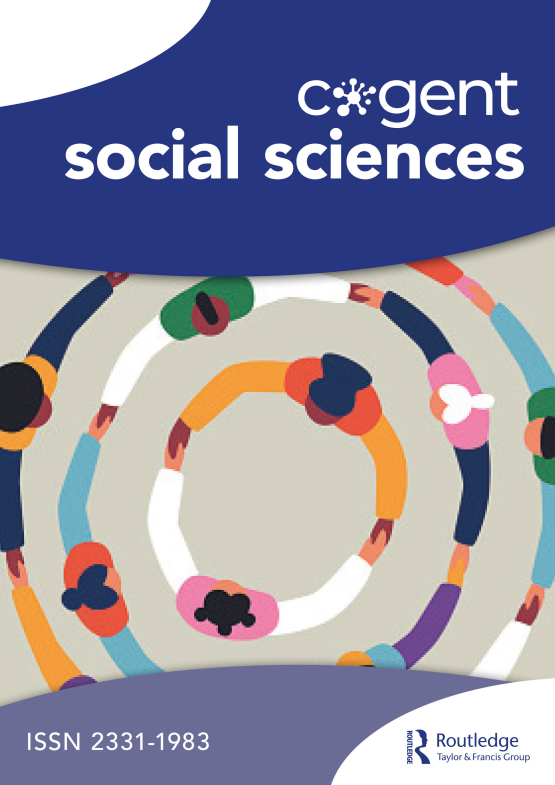Submit a Manuscript to the Journal
Cogent Social Sciences
For an Article Collection on
Dark Tourism and Tourism in War-Affected Regions
Manuscript deadline


Article collection guest advisor(s)
Dr. Kieran Edmond James,
University of the West of Scotland
Kieran.james@uws.ac.uk
Dark Tourism and Tourism in War-Affected Regions
Since Lennon and Foley introduced the term Dark Tourism into the Heritage Tourism literature in the late nineties, interest and scholarship in the Dark Tourism field has expanded exponentially, to the extent that there is now a Centre for Dark Tourism at the University of Central Lancashire. The field has a fluid boundary with darker forms of cultural studies such as the study of subaltern nightlife, urban studies, cultural geography, football supporters, and underground music scenes. While the validity of the term has been debated and various rival and alternative terms have been proposed, both the term and subject matter have become generally accepted within academia. The term refers to tourism in such areas as ghost tours, tours of murder sites and battlefields, and tours associated with death, depravity, and struggle. This does not mean that ethical issues are avoided, in fact an ethical analysis of these topics can be very pressing and highly relevant.
In recent years, protests by locals in various Spanish locations about the tourist presence and this suggest that tourism in such locations ought to be recognized as problematic in various respects, but also enjoyable and empowering for certain participants. The settings encourage holistic study around not only economic effects of tourism but social effects on the broader society and on the tourists themselves. How are traditional identities impacted upon and changed by tourism? As Marx and Engels wrote 150 years ago, we see “feudal, patriarchal, idyllic relations” replaced by “cash nexus”.
We also see new ways of self-creation by locals, or at least a subset of locals, as they interact with tourists and learn English as well as develop global selves that work to receive not only compensation, but new experiences and new ideas consistent with theories of cosmopolitanism. How are war affected regions producing Dark Tourism and what are the effects, for example, Troubles Tourism in Belfast? What new trends and developments will we see both in the fieldwork settings and theoretically? Literature extended to new countries and settings is also welcome. Purely theoretical and philosophical work is welcome especially when it can illuminate issues of identity formation in the face of the global, the local, and the postmodern. Diaspora topics are also understudied. How do the government and education system respond to the subcultures and subaltern individuals that Dark Tourism creates? What missing gaps remain to be explored (or exploited, depending on your perspective) in Dark Tourism?
Dr Kieran James is a Senior Lecturer at School of Business & Creative Industries, University of the West of Scotland (Paisley campus). He researches on cultural geography, dark tourism, Fiji soccer history, Indonesian underground music, men and masculinities, Singapore politics, sociology of religion, sport history, and sociology of sport. He recently published an article in Soccer & Society on race, ethnicity, and class issues in Fiji soccer, 1980-2015.
Benefits of publishing open access within Taylor & Francis
Global marketing and publicity, ensuring your research reaches the people you want it to.
Article Collections bring together the latest research on hot topics from influential researchers across the globe.
Rigorous peer review for every open access article.
Rapid online publication allowing you to share your work quickly.
Submission Instructions
All manuscripts submitted to this Article Collection will undergo desk assessment and peer-review as part of our standard editorial process. Guest Advisors for this collection will not be involved in peer-reviewing manuscripts unless they are an existing member of the Editorial Board. Please review the journal Aims and Scope and author submission instructions prior to submitting a manuscript.
